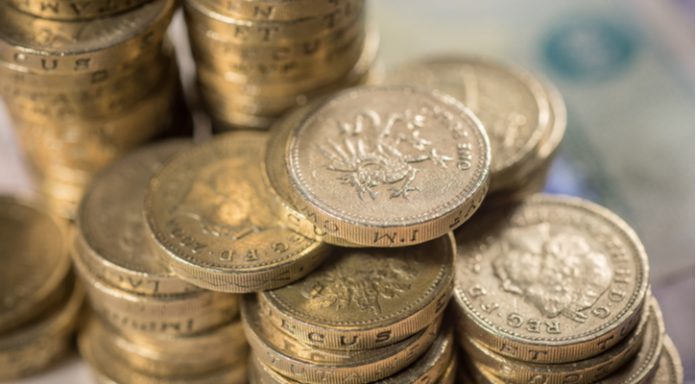The pound started the week in positive territory versus the euro, hitting a high of €1.14. However, the optimism was short lived, as Brexit concerns once again weighed on investor sentiment and the pound dropped to a low of €1.1334.
| What do these figures mean? |
|---|
|
When measuring the value of a pair of currencies, one set equals 1 unit and the other shows the current equivalent. As the market moves, the amount will vary from minute to minute. For example, it could be written: 1 GBP = 1.13990 EUR Here, £1 is equivalent to approximately €1.14. This specifically measures the pound’s worth against the euro. If the euro amount increases in this pairing, it’s positive for the pound. Or, if you were looking at it the other way around: 1 EUR = 0.87271 GBP In this example, €1 is equivalent to approximately £0.87. This measures the euro’s worth versus the British pound. If the sterling number gets larger, it’s good news for the euro. |
The pound was in favour at the beginning of the week as investors received hawkish comments from Bank of England (BoE) Deputy governor Dave Ramsden over the weekend. Ramsden, who was against an interest rate rise in November, had shifted his stance and sounded in favour of a rise, possibly as soon as May. This boosted the markets odds of a rate rise in Spring, keeping the pound well supported.
| Why do raised interest rates boost a currency’s value? |
|---|
| Interest rates are key to understanding exchange rate movements. Those who have large sums of money to invest want the highest return on their investments. Higher interest rate environments tend to offer higher yields. So, if the interest rate or at least the interest rate expectation of a country is relatively higher compared to another, then it attracts more foreign capital investment. Large corporations and investors need local currency to invest. More local currency used then boosts the demand of that currency, pushing the value higher. |
By midday the pound had fallen after pro-Remain Tory rebels said they would join with UK opposition party, Labour, in order to force a retreat from UK Prime Minister Theresa May over her vision to leave the customs union. This came after Jeremy Corbyn, UK leader of the opposition party, unveiled plans on Monday to support remaining in the customs union post Brexit. Should the Tory rebels go ahead and vote with Corbyn against May, this would be another attack on Theresa May, potentially sapping her of more political power, ahead of critical talks with the EU in Brussels.
| How does political risk have impact on a currency? |
|---|
| Political risk drags on the confidence of consumers and businesses alike, which means both corporations and regular households are then less inclined to spend money. The drop in spending, in turn, slows the economy. Foreign investors prefer to invest their money in politically stable countries as well as those with strong economies. Signs that a country is politically or economically less stable will result in foreign investors pulling their money out of the country. This means selling out of the local currency, which then increases its supply and, in turn, devalues the money. |
Once again today, there is no high impacting UK economic data. This means that investors will continue to focus on Brexit developments, which could pull the pound lower.
Draghi Voices Support For Continued Stimulus
The euro traded marginally higher across the board on Monday, although any gains were capped by a cautious sounding Draghi. European Central Bank (ECB) President Mario Draghi, was speaking in front of lawmakers at the European Parliament and stuck to the script of stimulus still being needed persistently, despite strong growth in the bloc. Draghi is still not ready to pare back support for the eurozone, despite increasing confidence that inflation will, gradually, pick up.
Today market participants will look towards German inflation data for clues on inflation. Analysts are expecting inflation in Europe’s largest economy to have dipped slightly in February to 1.5% from 1.6% previously. German inflation often acts as a good indicator for eurozone inflation, so a weak print could cause the euro to weaken.
|
This article was initially published on TransferWise.com from the same author. The content at Currency Live is the sole opinion of the authors and in no way reflects the views of TransferWise Inc. |





